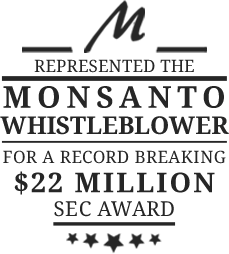What Is the Difference Between FCPA Grease Payments and Foreign Bribes?
One of the primary goals of the Foreign Corrupt Practices Act (FCPA) is to level the playing field for US companies when dealing with foreign entities. Foreign bribery is easily the most common form of corruption used by unscrupulous US businesses to get an advantage over their competition.
By bribing foreign officials, a US business can secure lucrative business and contracts that might have gone to another business if everything had been above-board. The FCPA makes this type of bribery illegal, and the Securities and Exchange Commission (SEC) frequently sanctions corporations guilty of foreign bribery.
However, the FCPA does distinguish between foreign bribery and so-called “grease payments,” which complicates things substantially. So what’s the difference?
Foreign Bribery Defined
The FCPA makes it illegal for a US person or business to pay a foreign official in order to obtain or retain business. A foreign official is generally anyone with an official connection to a foreign government or international agency.
“Payment” is also broadly defined under the FCPA. The law essentially considers anything of value given with the intention of obtaining business to be a payment—a bribe. The payment could take the form of money, business contracts, gifts, or services. If it has value and facilitates obtaining or retaining business, the FCPA considers it a bribe.
Grease Payment Defined
A grease payment, on the other hand, is paid in order to expedite a deal or transaction. A grease payment is not intended to make a business deal happen, it merely makes it happen faster.
Under the FCPA, grease payments don’t change the outcome of the foreign official’s decision. If they did, the payment would instead be considered a bribe, and therefore illegal.
There’s a very fine line between a foreign bribe and a grease payment, and it all comes down to the intention behind the payment.
Report Foreign Bribery to the SEC
If you’ve witnessed a foreign bribe, or if you aren’t sure that a purported grease payment wasn’t something more, you might have information regarding a violation of the FCPA. By reporting it to the SEC with the help of Meissner Associates, you might become eligible to claim a financial whistleblower bounty.
To find out if your knowledge of foreign bribery could result in an SEC investigation, sign up for a free, confidential tip evaluation with one of our attorneys. Just complete the form below or give us a call at 1-866-764-3100.









